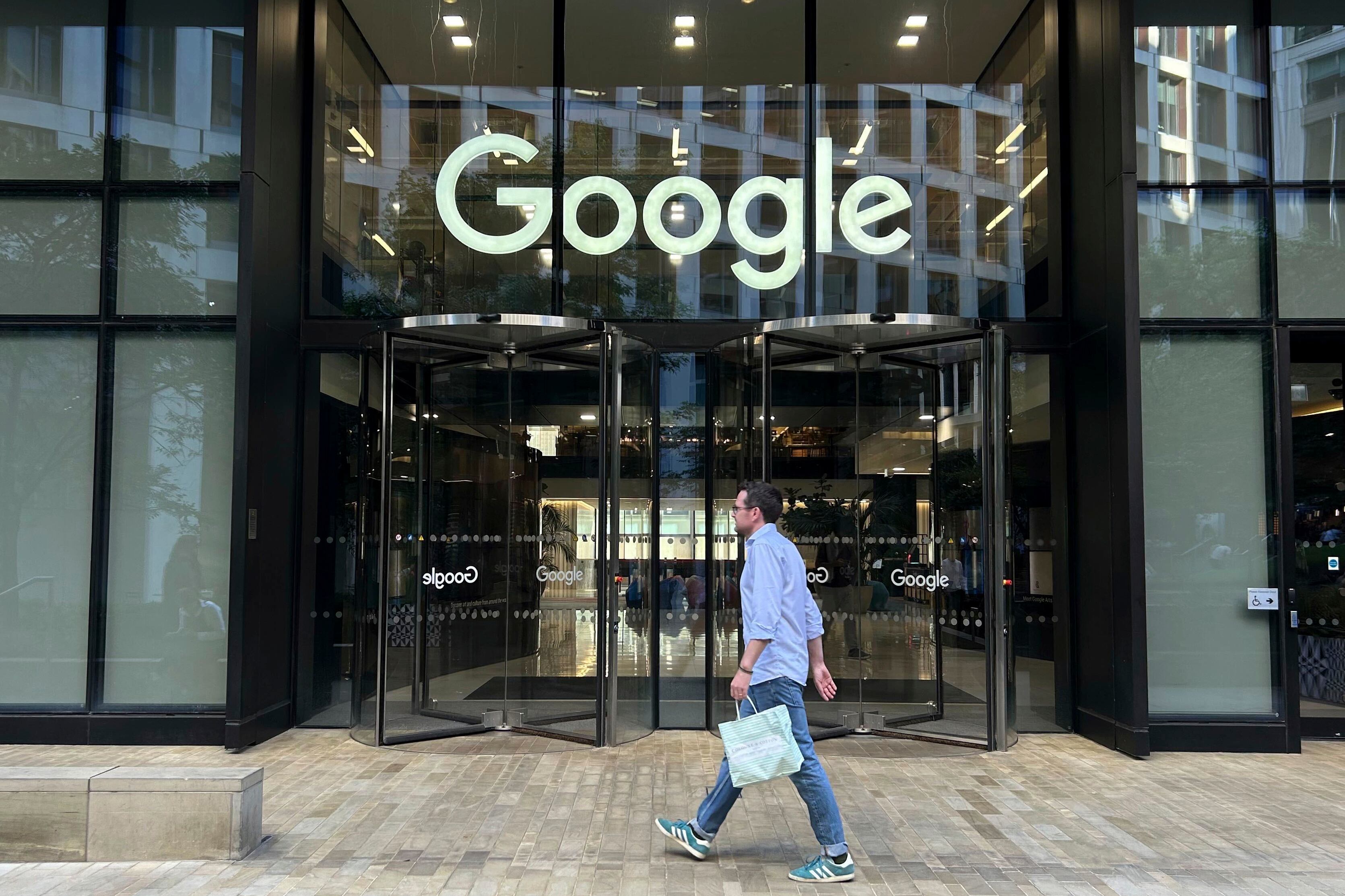The U.S. Justice Department is doubling down on its attempt to break up Google by asking a federal judge to force the company to part with some of the technology powering the company’s digital ad network. The proposed dismantling coincides with an ongoing federal effort to separate Google’s Chrome browser from its dominant search engine.
The government’s latest proposal was filed late Monday in a Virginia federal court two-and-half weeks after a federal judge ruled that its lucrative digital ad network has been improperly abusing its market power to stifle competition to the detriment of online publishers.
In a 17-page filing, Justice Department lawyers argued that U.S. District Judge Leonie Brinkema should punish Google by ordering the company to offload its AdX business and DFP ad platform, tools that bring together advertisers, who want to market their products, and publishers, who want to sell commercial space on their sites, to bring in revenue.
The government also is seeking other restrictions, including a 10-year ban on Google from operating a digital ad exchange, to undercut the power of a “recidivist monopolist.”
Not surprisingly, it’s an idea that Google vehemently plans to oppose when the penalty phase of the antitrust case —known as remedy hearings — begins in late September. Google already has vowed to appeal Brinkema’s ruling that the technology powering the ad network has been breaking the law, but can’t do that until the judge rules on its punishment in a decision expected late this year or early next year.
The Justice Department’s proposal “would cause economic chaos and technological dysfunction resulting in harm to millions of advertisers and publishers, and in so doing, degrade the experience of internet users,” Google said in a court filing late Monday.
In its counterproposal, Google outlined a plan that it believes will bring more transparency to its ad network and eventually foster more competition. Google proposed the appointment of a trustee to oversee its behavior for three years.
The attempt to tear down Google’s ad network comes on top of the Justice Department’s ongoing effort to have the company part with its popular Chrome browser and impose other restrictions to curtail the power of its ubiquitous search engine, which another federal judge branded an illegal monopoly in a ruling last August.
The remedy hearings in the search case are scheduled to conclude later this month, with a ruling from U.S. District Judge Amit Mehta expected by Labor Day.
If the Justice Department is able to persuade the two different judges to order its proposed dismantling of Google, it would be the biggest breakup of a U.S. company since AT&T was forced to spin off its phone service into seven separate regional companies more than 40 years ago.
Google’s Play Store for apps running on its Android software that powers most of the world’s smartphones also was declared an illegal monopoly by a federal jury in 2023 and is battling a judge’s order that would require it to overhaul a commission system that generates billions of dollars in annual revenue.
But hobbling its search engine and digital ad network would be far bigger blows because they are the key cogs in a business that generated $265 billion in revenue last year.
Google is confronting the breakup threats at the same time the advent of artificial intelligence is changing the way consumers are using technology and seeking information online — a shift that could also siphon traffic and money away from a powerhouse that began in a Silicon Valley garage in 1998.
Despite the adversity, Google is still delivering robust financial growth to its corporate parent Alphabet Inc., which is currently valued at $2 trillion.
Alphabet’s shares dipped slightly during Tuesday’s late morning trading.













